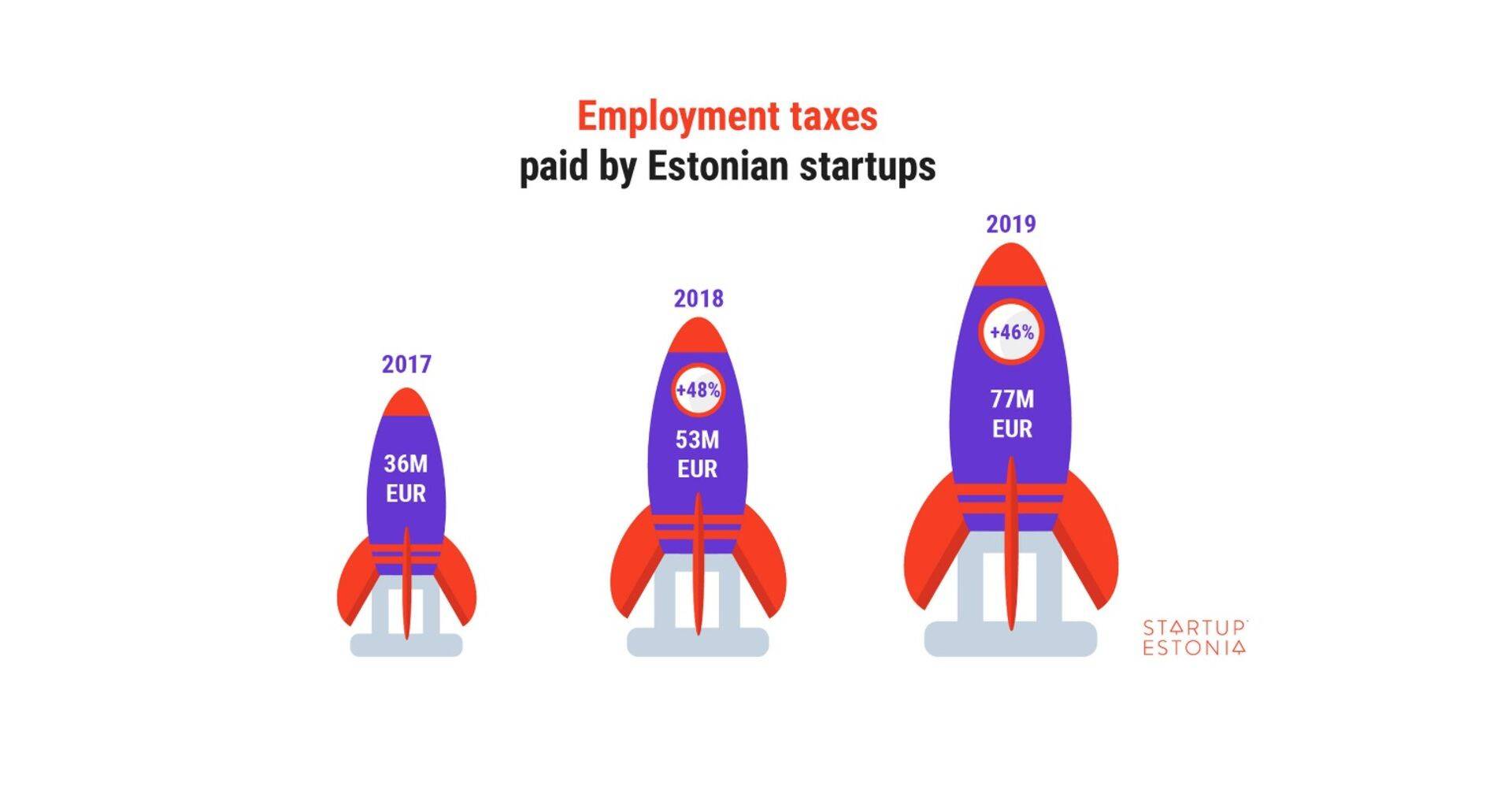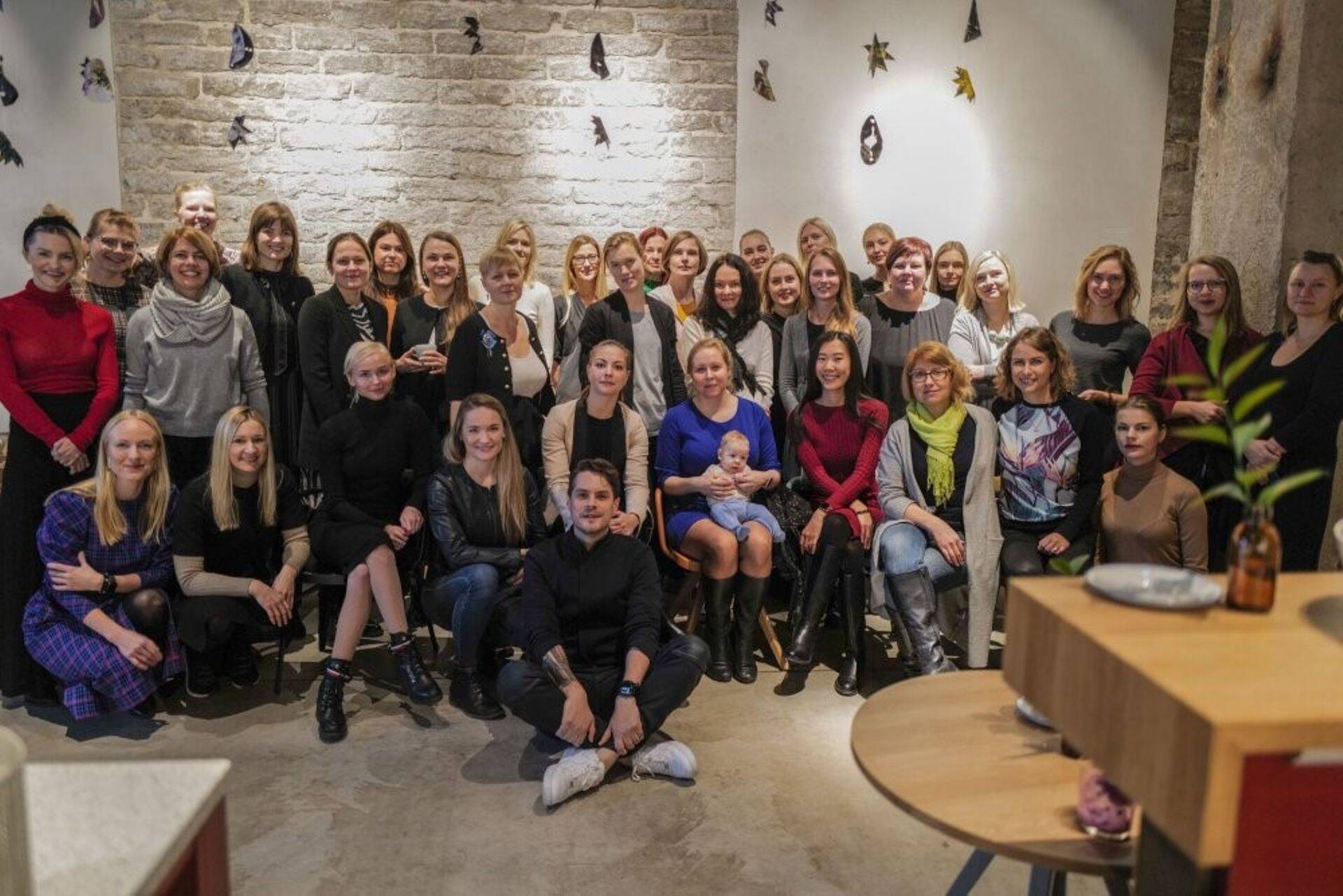Tähelepanu! Artikkel on enam kui 5 aastat vana ning kuulub väljaande digitaalsesse arhiivi. Väljaanne ei uuenda ega kaasajasta arhiveeritud sisu, mistõttu võib olla vajalik kaasaegsete allikatega tutvumine
Women Founders Are Raising More Money Than Ever, But Is It Enough?
Women are raising more money than ever. That should be good news, and in some ways, it is. But that doesn't actually mean they're getting ahead, writes Inc.
In advance of International Women's Day on March 8, Crunchbase has released a slew of data about women and venture capital during the past decade. While women raised more money, they don't appear to be making much progress when compared with their male peers. Kimberly Weisul, editor-at-large at Inc.com, brings out six takeaways from the findings.
The share of venture money for women remains virtually unchanged
From 2010 to 2019, the amount of money raised by all-female teams grew to about $6 billion from $1 billion, while all-male teams saw funding soar to $195 billion from $31 billion.
The takeaway: On a percentage basis, all-female teams remain stuck, raising just two to three percent of the total venture capital in eight of the past 10 years.
Women are opening businesses at a much faster rate
During roughly the same time period, the share of businesses owned by women increased dramatically. According to a report from American Express, women-owned businesses accounted for 40 percent of all U.S. businesses in 2018, up from 29 percent in 2007.
While only a small percentage of businesses are candidates for venture capital, the American Express data shows women have become increasingly entrepreneurial even as their share of venture capital has stagnated compared with men's.
Mixed-gender teams are becoming more common, raising more money
In 2019, 20 percent of global startups raising their first round had a female founder or co-founder. That's double the share that had a female founder in 2009. During the same time frame, mixed-gender teams increased their share of venture funding, from 6 percent to 9 percent.
In 2019, 20 percent of global startups raising their first round had a female founder or co-founder. That's double the share that had a female founder in 2009.
More funds are starting to focus on women founders
In the past decade, nearly 80 funds have been started specifically to invest in women founders, as catalogued in Inc.'s Fundery. But, collectively, those funds probably control only about $2 billion, which will be put to work over about 10 years.
Hetkel kuum
Women-owned businesses are finding parity in early rounds
Ten years ago, when women did raise early rounds, they tended to get significantly less money than men. But, over the past decade, some of those numbers have moved closer to parity. In 2010, the average seed round was $350,000 for women and $650,000 for men. By 2019, it was $1.2 million for women and $1.35 million for men.
When it comes to A rounds, the numbers grew for both men and women. But the percentage difference between them stayed roughly the same. From 2010 to 2019, the average A round grew from $4.5 million to $8.1 million for women, and $5.1 million to $9.4 million for men.
When it comes to big deals, women founders have a long way to go
In calculating these numbers, Crunchbase excludes seed rounds of more than $20 million and A rounds of more than $50 million, because just a few large deals can skew the averages upward. But that decision probably makes the genders look closer to parity than they really are, because most of the really large rounds have been raised by all-male teams.
Crunchbase also found 13 all-female teams who raised more than $100 million in 2019. That compares with 356 all-male teams who did the same. Clearly, there's a long way to go.
Find the full Funding to the Female Founders Report 2020 on Crunchbase.
...
FoundME is inviting you on board of a weekly newsletter that will bring you the news and opinion stories from the Estonian startup scene. - Subscribe to FoundME newsletter HERE!
Seotud lood
Cybernetica vanemteadur Liina Kamm ja SoftComply tegevjuht Marion Lepmets avavad, millest põnevast räägitakse parasjagu kõige rohkem küberturbe ja tehisintellekti valdkonnas. Idufirmadel on suurte tegijate kõrval mitu trumpi. Neid kõrva taha pannes tasub kindlasti osa võtta juulis toimuvast Küberkiirendist.
Enimloetud
3
Viimased uudised
Hetkel kuum
Liitu uudiskirjaga
Telli uudiskiri ning saad oma postkasti päeva olulisemad uudised.
Tagasi FoundMe esilehele











